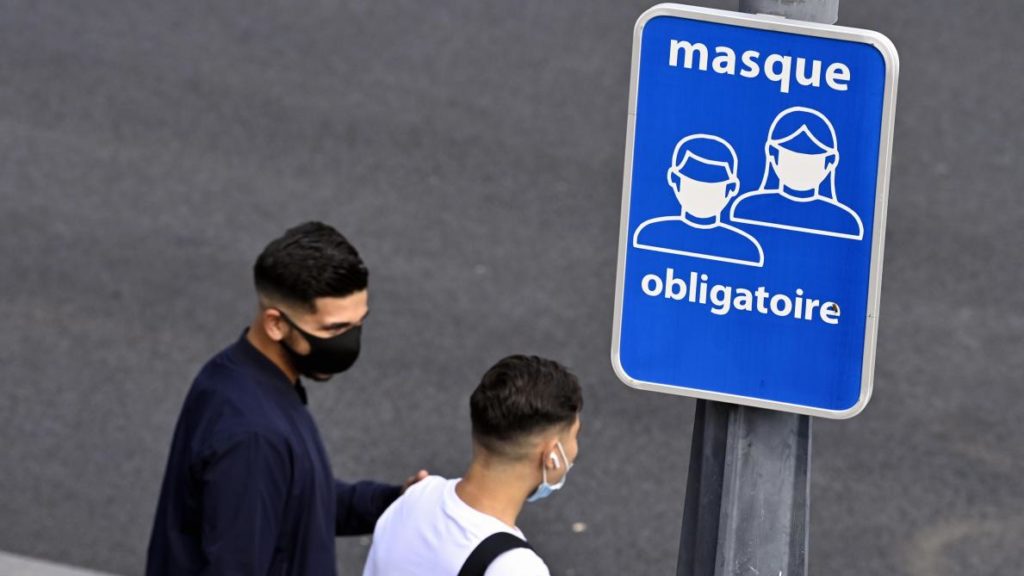As usual, the start of a new month brings the introduction of new measures, and the end of old ones. Here are some of the changes taking place from 1 October.
The federal health institute Sciensano introduces its Covid-19 barometer, which gathers information from family doctors across the country on consultations with patients complaining of respiratory problems. The frequency of respiratory complaints is considered an indicator of the prevalence of Covid-19 in local populations, which can then give cause for more intensive testing in a particular area. Doctors meanwhile will be compensated according to how many reports they submit a week.
The general obligation to wear a face mask in public in Brussels is lifted. From 1 October, face masks must still be worn inside shops and other establishments, but not on the street in general. Exceptions are busy shopping areas in the city centre, where street signs will indicated the beginning and end of a mask zone. That includes the pedestrian zone and surroundings, as well as parts of the Marolles and the streets around the Basilica of Koekelberg. Outside of the centre, local communal authorities designate their own mask zones.
Also, as previously announced, masks must be carried on the person if not being worn. And the quarantine period is reduced from 14 to seven days, unless cleared by a negative test within that time.
Drivers on roads with at least two lanes must clear a middle lane for emergency vehicles whenever there is a traffic jam. Cars in the centre and right-hand lanes must move as far as possible to the right, while cars in the left lane move to the right, thus leaving a space in the centre for emergency vehicles to pass. The measure has been introduced to allow emergency services to lose as little time as possible when attending an emergency.
Prisons will introduce a simplified procedure to allow prisoners to file a complaint against a decision by the prison’s director affecting the prisoner without having recourse to an intermediary. However the administrative decision must affect the individual prisoner specifically. Decisions having a collective effect are not covered by the new procedure. A complaints committee will rule on the legality of the decision, as well as whether it is reasonable and proportionate.
The social tariff for electricity and gas that applies to low-income households will increase from 1 October. The cost of electricity will go up by about 2.5%, with gas prices increasing by as much as 15%. The increase takes account of a sharp reduction in the social tariff in the previous quarter.
The Walloon region’s public transport authority TEC will introduce a new network of 17 express lines between larger towns. Three are entirely new: Waremme to Namur, Perwez to Ath and Malmedy to Verviers. Ten were already in place: Louvain-la-Neuve-Wavre-Ixelles, Louvain-la-Neuve-Wavre-Woluwe, Wavre-Auderghem, Jodoigne-Louvain-la-Neuve-Ottignies, Tubize-Nivelles, Braine-l'Alleud-Genappe-Louvain-la-Neuve, Nivelles-Louvain-la-Neuve, Bastogne-Namur, Namur-Couvin and Namur-Péruwelz-Jodoigne. And the network will also include the four Wallonia Easy Lines.
Alan Hope
The Brussels Times

